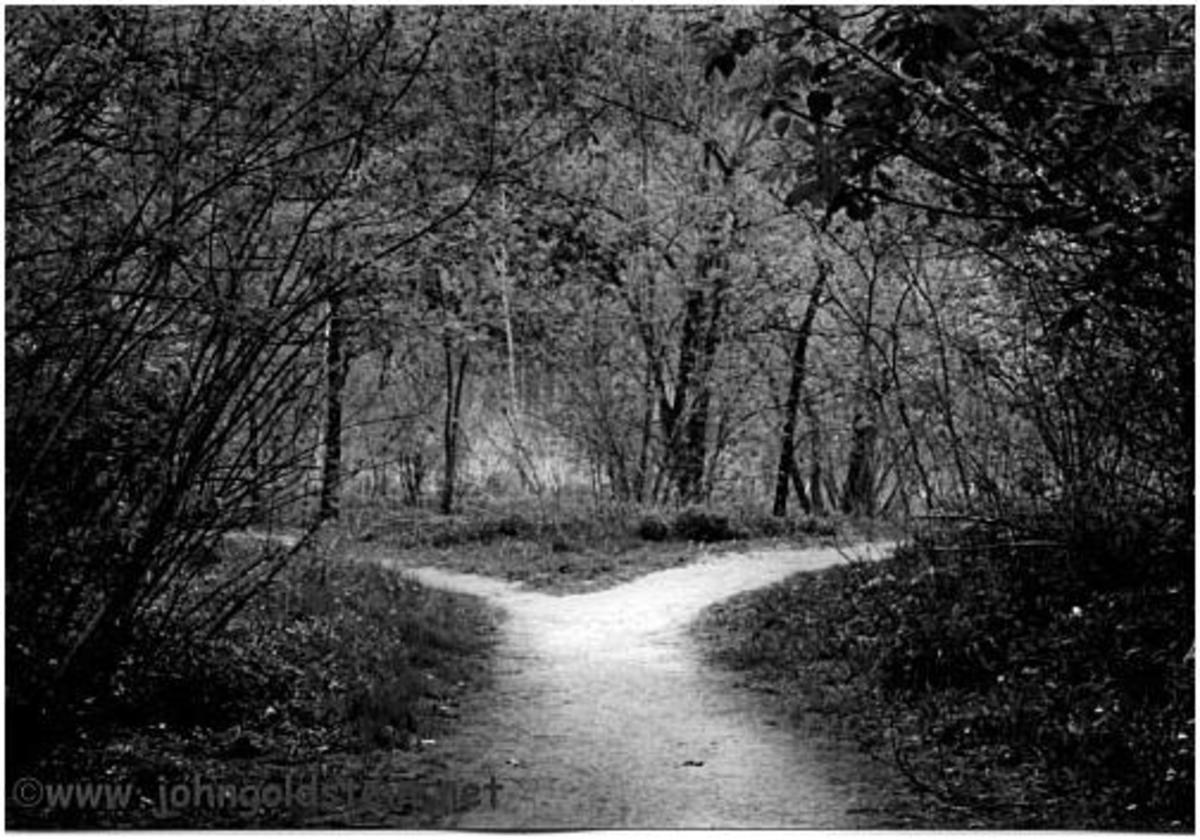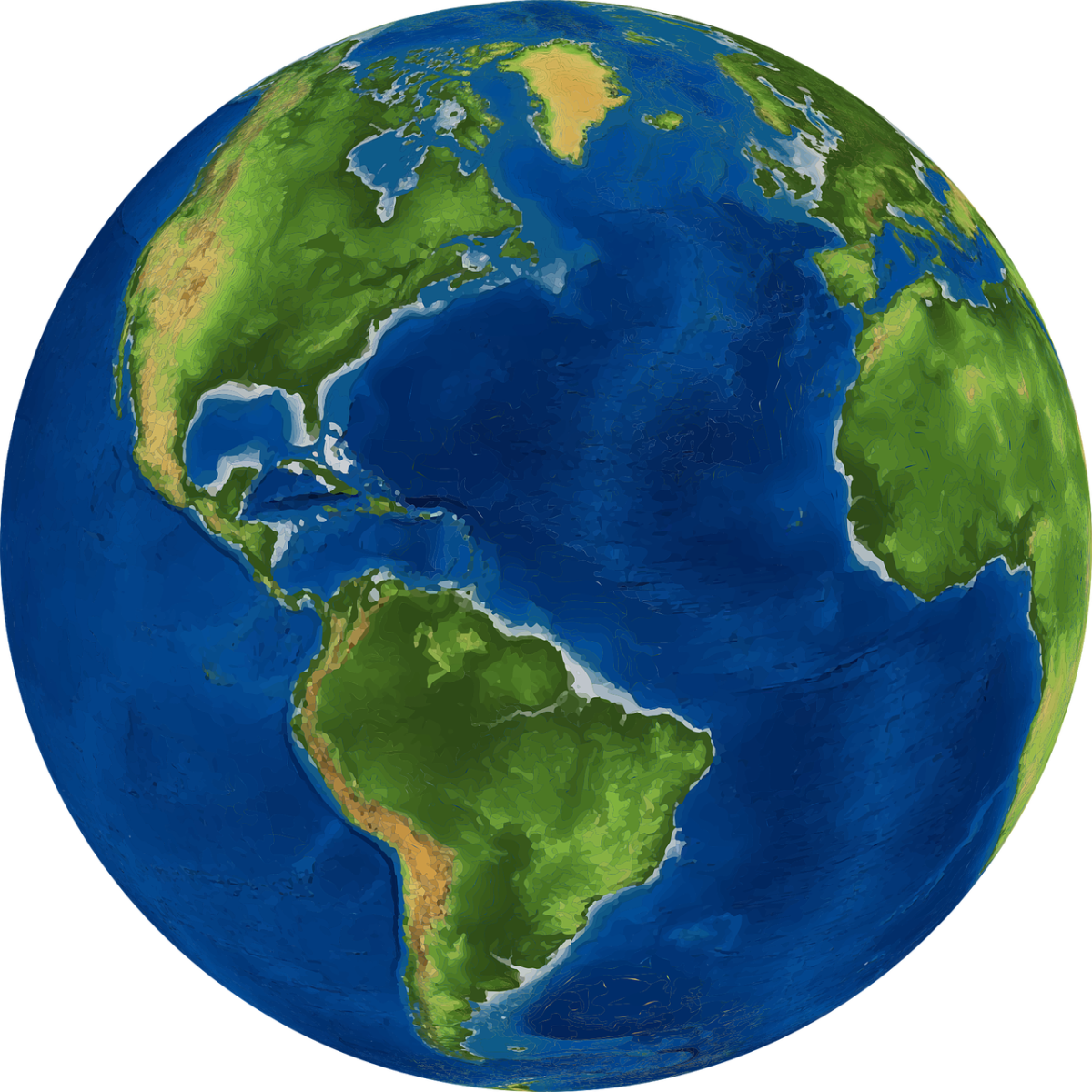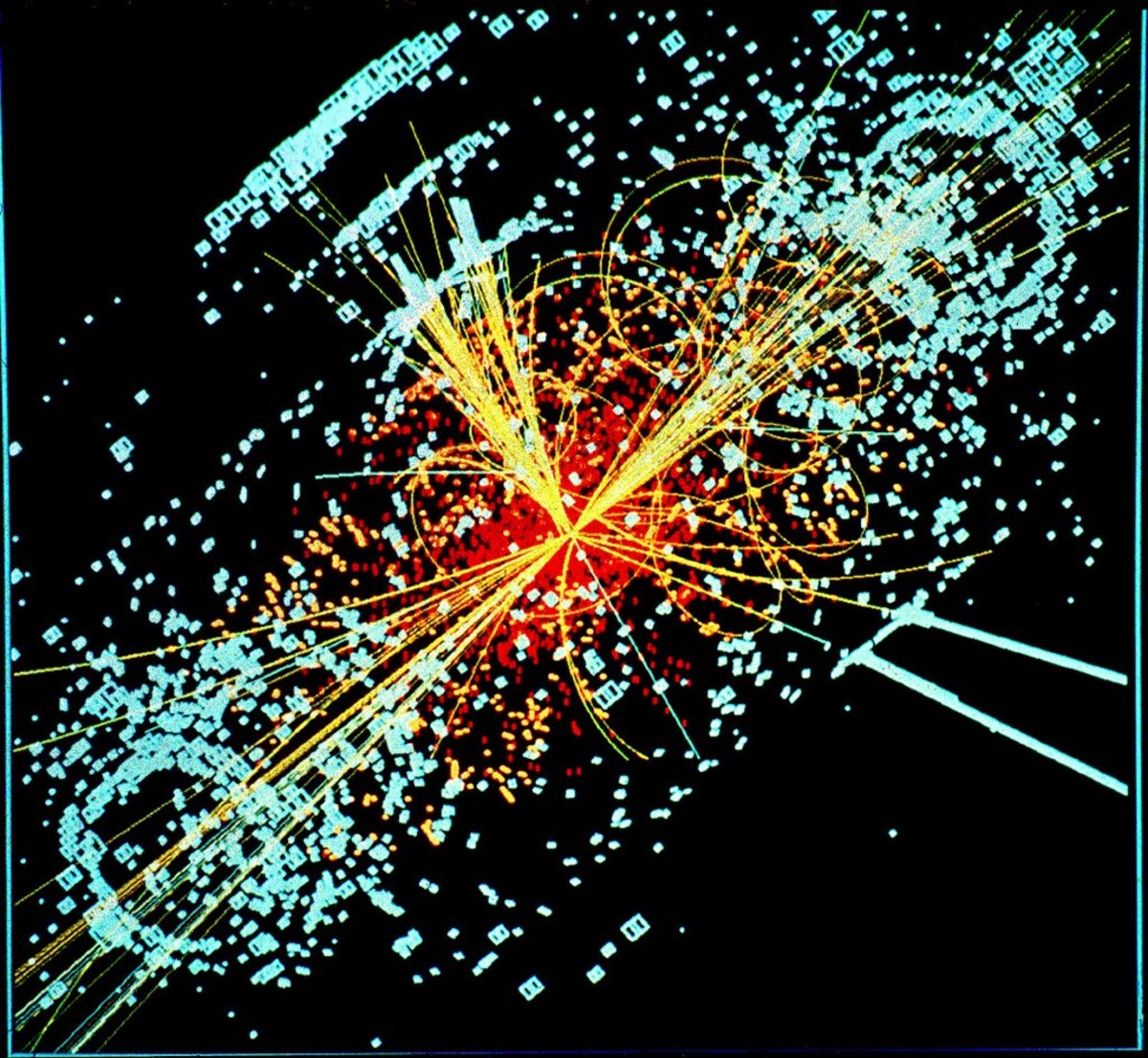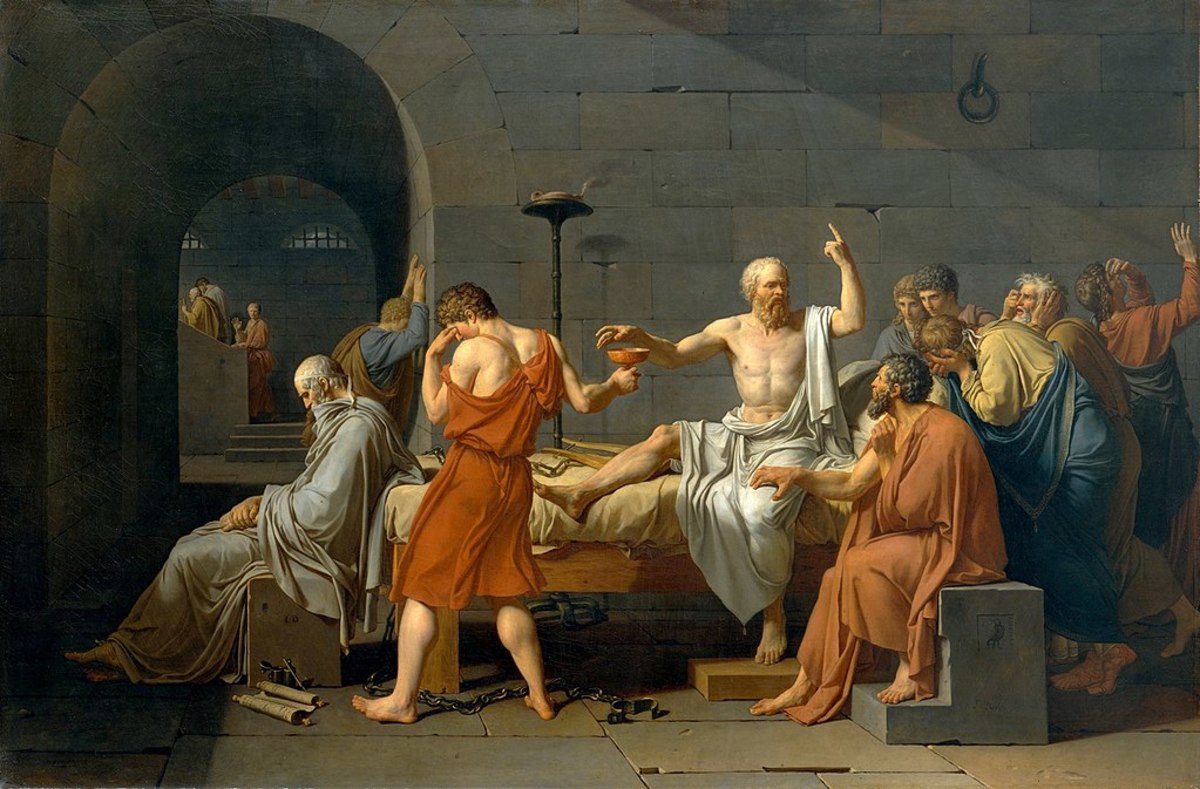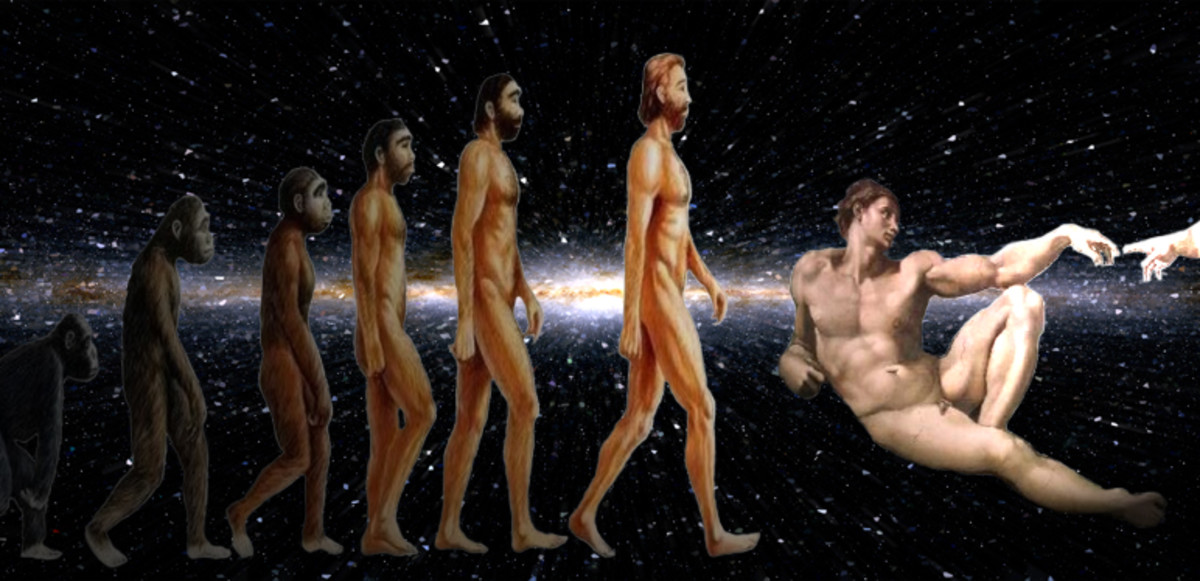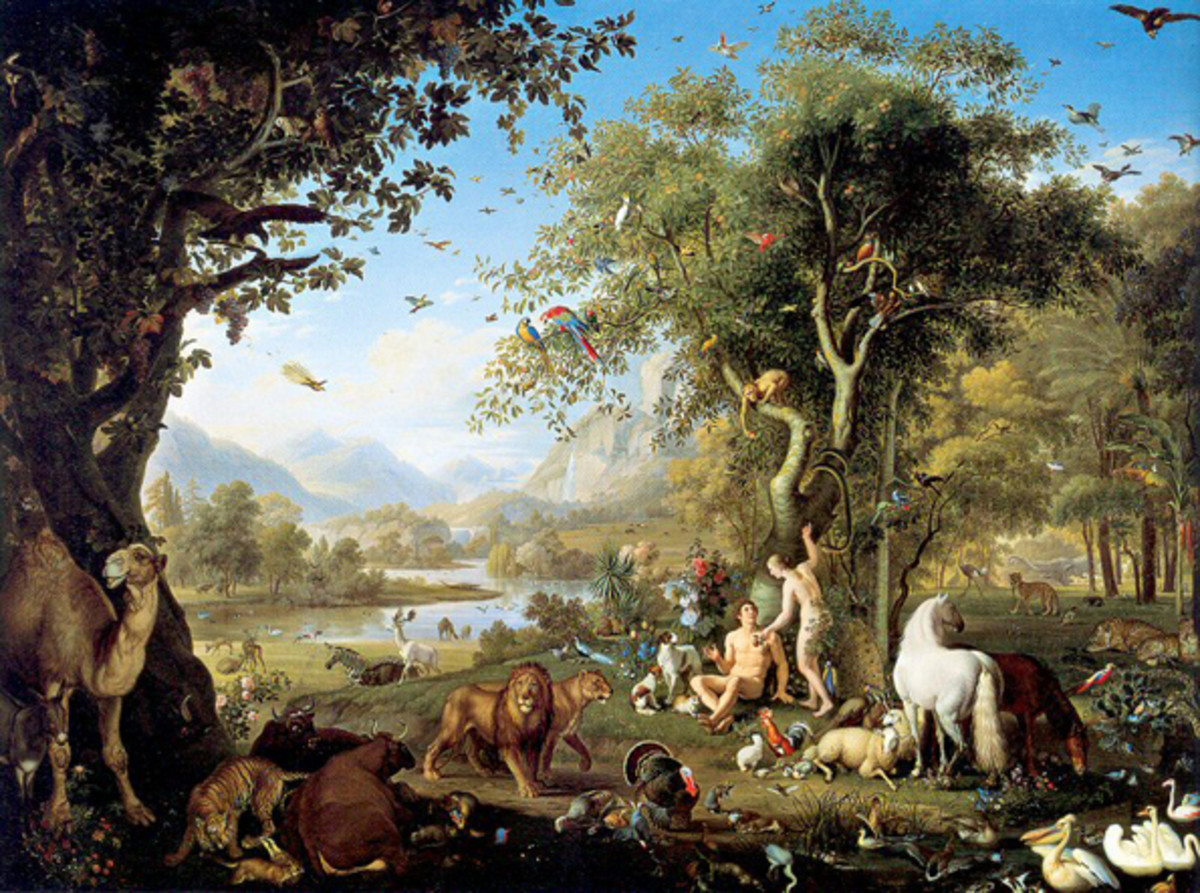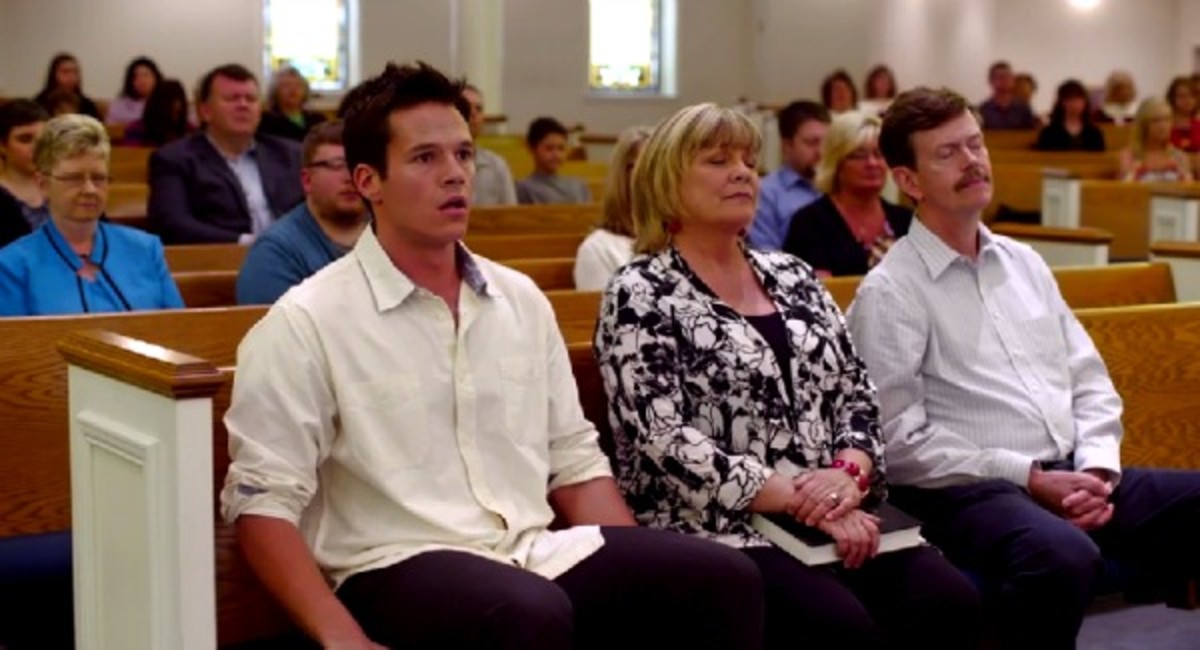Philosophy Topics: The Problem of Evil
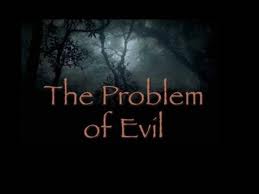
The problem with evil is that it exists. We who believe in an omnipotent, all powerful God cannot help but wonder why evil exists in the world. We cannot help but ask why He couldn’t have created a world in which there is no unnecessary suffering or pain. The different types of evil we encounter in this life no doubt make us question either God’s existence, or his rationality and reason. Yet, using our own rationality and reason, we may come to conclude that the world in which he created is just as it should be and that we who live in it must rejoice that it is in no other condition. We must answer two questions. One, why did he create the world and allow evil to enter into it? Two, why does he not intervene when evil occurs?
A Crucial Ingredient
I by no means am in the authority to claim to know the answer to these questions, but I will do my best to provide an insight on the matter. What do I mean by evil? Whether it is natural or inscrutable evil, our world is full of things that seem completely opposed to the good of humanity. This is the problem we face, but think of it in another way. Imagine a world in which there is no possibility of suffering, pain, or sadness. Don’t some things lose their meaning? If Jesus does not suffer on the cross, we do not regard it as a great sacrifice. If running into a building on fire to save a child poses no threat of being burned, we may just as well call it murder if one doesn’t save the child. In most biblical accounts, God is like us. He wants to come through when it counts and means something. He very often intervenes after the fact. The Bible is full of stories like these. The possibility of pain and suffering is a crucial ingredient in our learning to depend on God and trust him.
Also, I find it very hard to try to disprove God’s existence with the idea of natural evil. Nature perpetuates in a certain order in which it may be suitable for life. I do not praise God when people die in an earthquake, but I do not curse him either. The things on Earth that we would like to eliminate are the dangerous things that cause destruction. Yet, how would we know what the meaning of heaven was if we had a paradise like that here and now? We are in no position to claim that a world without the element of natural dangers would be a better world by design.
Freewill
It is easy to claim that the natural world is designed in a way so that it is suitable to the nature of humans and that without the possibility of sorrow, we may lose part of the meaning of life. Yet, what about inscrutable evil like the rape or torture of an innocent child? Why does God not intervene? Allowing this kind of thing to happen seems almost evil in and of itself. We shake our heads and doubt him. This ought not to be the case though. We know that we are given free will. We are free to believe in God, and free to not believe in him. Now, suppose that a man is in the very act of murdering a child and God reveals himself to intervene. He stops the treacherous act and saves the child. Assuming he does not kill the man, is there any freewill left there for the killer or the child? I think not.
If God is to reveal himself to us in such a manner so that we know it is God intervening, we no longer have the freedom to not believe in him. One may refute this by saying he does not necessarily have to reveal himself and that he may cause something or someone to stop it. Still, a heroic rescue at every evil act would leave us wondering how or why there is always something to prevent the evils.
Our Dilemma
So we’re left with a dilemma, and that’s ok. We’re left with a God who gave us a world of adventure, danger, and freewill on a scale of epic proportions. The way we react to it is what counts. We cannot claim to know that the world we assume would be a better world would really be any better. We don’t even know if it would work. We also cannot ask that God should intervene when inscrutable evil occurs because I don’t think we quite know what we’re asking for. To me, the world is a story. It is the story of how God creates man and then calls him out of nature to himself. It is a comedy, a mystery, a love story, and more often a drama. To take out the problem of evil means to take out the very nature of the story. If one is faithful and believes the old story, he can understand that we exists in a world occupied by an enemy, so evil should come as no surprise. If one is not faithful, this problem of evil ought not to be a real problem to him at all.
- Philosophy Topics: Act and Rule Utilitarianism
This article is an explanation of utilitarianism and the two components within, act and rule. Which, if any is ethically correct? - Philosophy Topics: Pragmatism
This is a brief look at pragmatism. The idea is often debated. This article examines both sides of the argument. - Philosophy Topics: Virtue Ethics
A summary of the philosophical idea of virtue ethics and the question of their use in society - Philosophy Topics: Psychological Egoism
Questioning the idea of psychological egoism and its validity in the world

